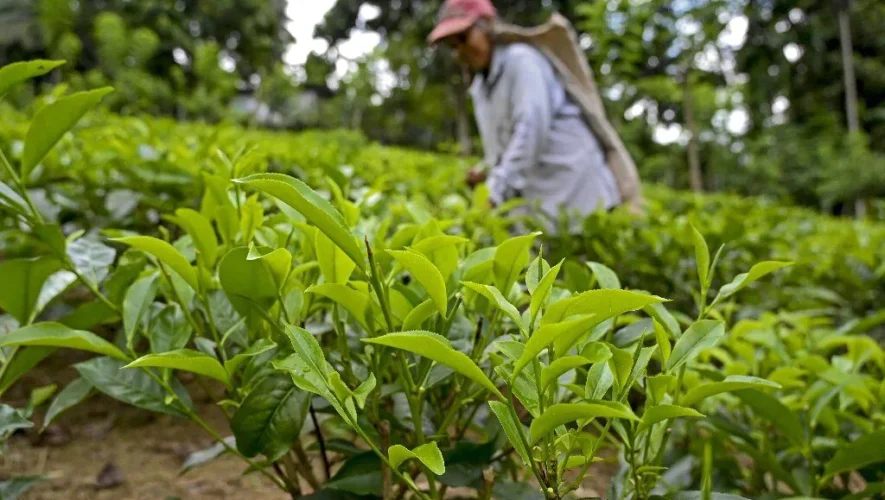- Tea Board says smallholders hesitant to spend money on fertilisers
Due to the high cost of living, 50% of smallholders in Sri Lanka are reportedly reluctant to utilise fertiliser, which has resulted in declining tea production for the second consecutive month of 2023, The Daily Morning Business learns.
Speaking to The Daily Morning Business yesterday (16), Sri Lanka Tea Board (Tea Board) Chairman Niraj de Mel stated: “Because of the high cost of living, half of the smallholders do not use fertilisers. We have been pushing them all to start using fertiliser for higher production and for the health of tea plantations.”
He explained that while a number of smallholders have used fertiliser to increase tea production amidst the high cost of living in order to increase profit, the rest of them have refrained from doing so.
He also stressed: “There is enough fertiliser available now; it is a matter of getting small tea holders to use fertiliser.”
He added that regional plantation companies have used fertiliser from the beginning of this year and along with glyphosate, which has been available since early January, a herbicide used for certain weeds and grasses is also available, the lack of which had earlier held back regional plantation companies.
“Tea exports are directly linked to tea production”, said de Mel indicating that this fertiliser application “did not take place in the expected level” and is one of the main reasons behind low tea exports.
However, the Tea Board Chair noted that the Tea Board is “hopeful” that the industry will witness an improvement in production which will result in an increase in tea exports simultaneously.
With the economic situation in the country showing positive signs, it is expected that tea producers will earn better. Therefore, tea exports are also expected to improve in relation to that, said de Mel.
He also said that it was observed that tea production was lower in November, and December last year (2022) as well as this January, which are the months that are taken into consideration when determining the impact on February exports.
Further, during the weekly auction, he said there was a “dramatic drop” in tea prices due to the rupee’s (LKR) appreciation. However, he said that “there is nothing to be excited about” as these factors are mere market forces where prices are determined by demand and supply.
Source By the morning.lk




